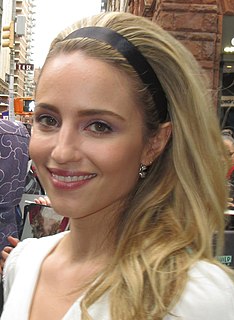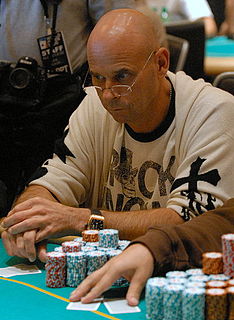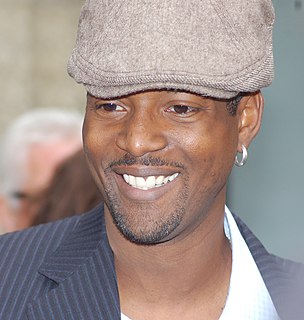A Quote by Dianna Agron
If I'm traveling, I'll take a film camera and a digital camera because sometimes there are moments where, if you've lost it, or if coming back and it accidentally goes through the X-ray machine and it gets overexposed, you might have had a really important moment to you and you would be really upset that you didn't have a back-up.
Related Quotes
I have received the digital camera as a blessing. It has really changed my life as a filmmaker, because I don't use my camera anymore as a camera. I don't feel it as a camera. I feel it as a friend, as something that doesn't make an impression on people, that doesn't make them feel uncomfortable, and that is completely forgotten in my way of approaching life and people and film.
The camera is one of the most frightening of modern weapons, particularly to people who have been in warfare, who have been bombed and shelled for at the back of a bombing run is invariably a photograph. In the back of ruined towns, and cities, and factories, there is aerial mapping, or spy mapping, usually with a camera. Therefore the camera is a feared instrument, and a man with a camera is suspected and watched wherever he goes... In the minds of most people today the camera is the forerunner of destruction, and it is suspected, and rightly so.
There's something very satisfying about old cameras because they're ingenious. I mean when you take them apart and actually see, 'Oh, this is how we make photographs,' it's an ingenious thing, but it feels like it's in a way a layman can appreciate, whereas a digital camera, I don't even begin to know what goes into making a digital camera.
Various studios are still shooting on film with digital grain and the DI negatives, it's not ideal. We should really be all film or all digital. But that being said, the old way of graining in the camera, now you can make changes like a painter. It's dangerous because you can ruin the film, you can over-fiddle. We've all seen films and gone 'what the hell is that?'
If you need to strap a camera to you or get in a small space, then it makes sense to use digital.I do think it is possible to use a digital camera artistically, but it can only be good if you are using film technique. Film has grain, and digital has pixels, and there is not that much of a difference, but digital does not replace the need to create a scene and light it properly and spend time considering the shot.

































